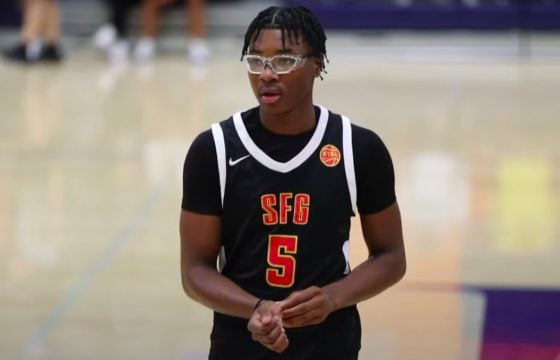Rob Kitchin/Stuff
Frank Cameron, front row far left, at a reunion with members of the New Zealand cricket team which beat England for the first time in 1978 with Cameron the chairman of selectors.
Former New Zealand test cricket bowler and selector Frank Cameron has died in Christchurch, aged 90.
Cameron took 62 wickets in just 19 appearances for New Zealand between 1961 and 1965, at a useful average of 29.82 as a right-arm outswing bowler.
His best test display came against Pakistan at Eden Park in Auckland when he took 4-36 in the first innings and 5-34 in the second, returning test career-best match figures of 9-70 in a low-scoring drawn encounter while bowling first-change behind speedsters Richard Collinge and Dick Motz.
Cameron was deputy principal of Otago Boys’ High School during a lengthy teaching career and was awarded a MBE in 1987 for services to cricket.
READ MORE:
* Live: Black Caps vs Pakistan – day three of the second cricket test in Karachi
* Matt Henry, Ajaz Patel combine for New Zealand’s sixth century stand for 10th wicket in tests
* Black Caps tail wags, Pakistan lose captain in run-out blunder on day two of second test
The Dunedin-born Cameron had an even bigger influence on the New Zealand test side when chairman of selectors for a decade from 1976 after becoming part of the selection panel soon after his test career ended.
When he first joined the selection panel, New Zealand had won four tests in 37 years. By the time he left, NZ had won another 21, Lynn McConnell wrote for Cricinfo in 2003.
Cameron was a key figure in selecting Richard Hadlee to play against India at the Basin Reserve in Wellington in 1976. The legendary fast bowler had yet to become a regular selection but took 4-35 and 7-23 in a win by an innings and 33 runs.
SKY SPORT
Pakistan captain Babar Azam was sold down the river by Imam-ul-haq, but the Black Caps couldn’t make further inroads on day two of the second test.
He also reckoned he played a useful trick ahead of New Zealand’s remarkable win over the West Indies in the first test in Dunedin in 1980.
“I wanted them to play Derick Parry because he had looked to be an average off-spinner in the one-dayer in Christchurch,” Cameron told McConnell.
“So I called the press over the day before at practice and said we were going to add John Bracewell to our side because we thought the track might take spin. And the West Indies fell for it.”
Parry took 2-63 from 22 overs in New Zealand’s first innings but did get clobbered for three sixes by Lance Cairns, who made an invaluable 30 from just 18 balls in a game the hosts won by one-wicket.
Cameron said experience and consistency were the keys to New Zealand’s success while he oversaw selection.
“From 1975-79 we were trying to rebuild and in the 1980s we went to another peak. The ’83 side to England was a good side, but the 1985/86 side against Australia was a bit better.
“If you look at how long those guys in 1985/86 had been playing, Stephen Boock eight years, John Bracewell six years, Lance Cairns 13 years, Ewen Chatfield 12 years, Jeremy Coney 13 years, Jeff Crowe four years, Martin Crowe five years, Bruce Edgar eight years, Richard Hadlee 14 years, John Wright nine years, Ian Smith six years, Martin Snedden six years and John Reid eight years. The average number of years was around eight.
“That is lots of experience and that takes time to build up. You can’t do it in a year or two years.
“You don’t keep dropping players. You don’t want to be in a hurry. You win tests when you can but you also have to keep an eye on the future. And your players need to have at least two or three first-class seasons.
“The 1980s didn’t come out of the blue,” Cameron said.





















Discussion about this post